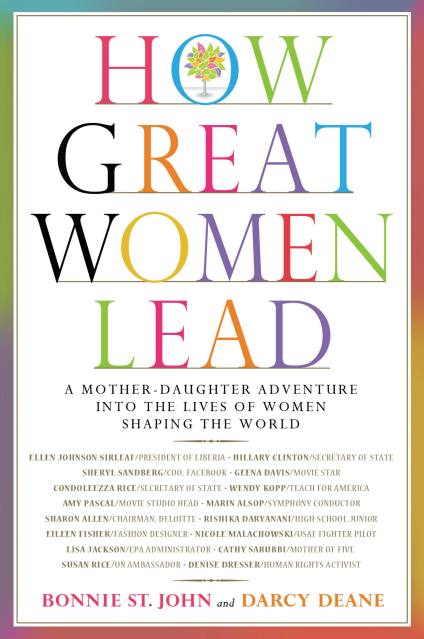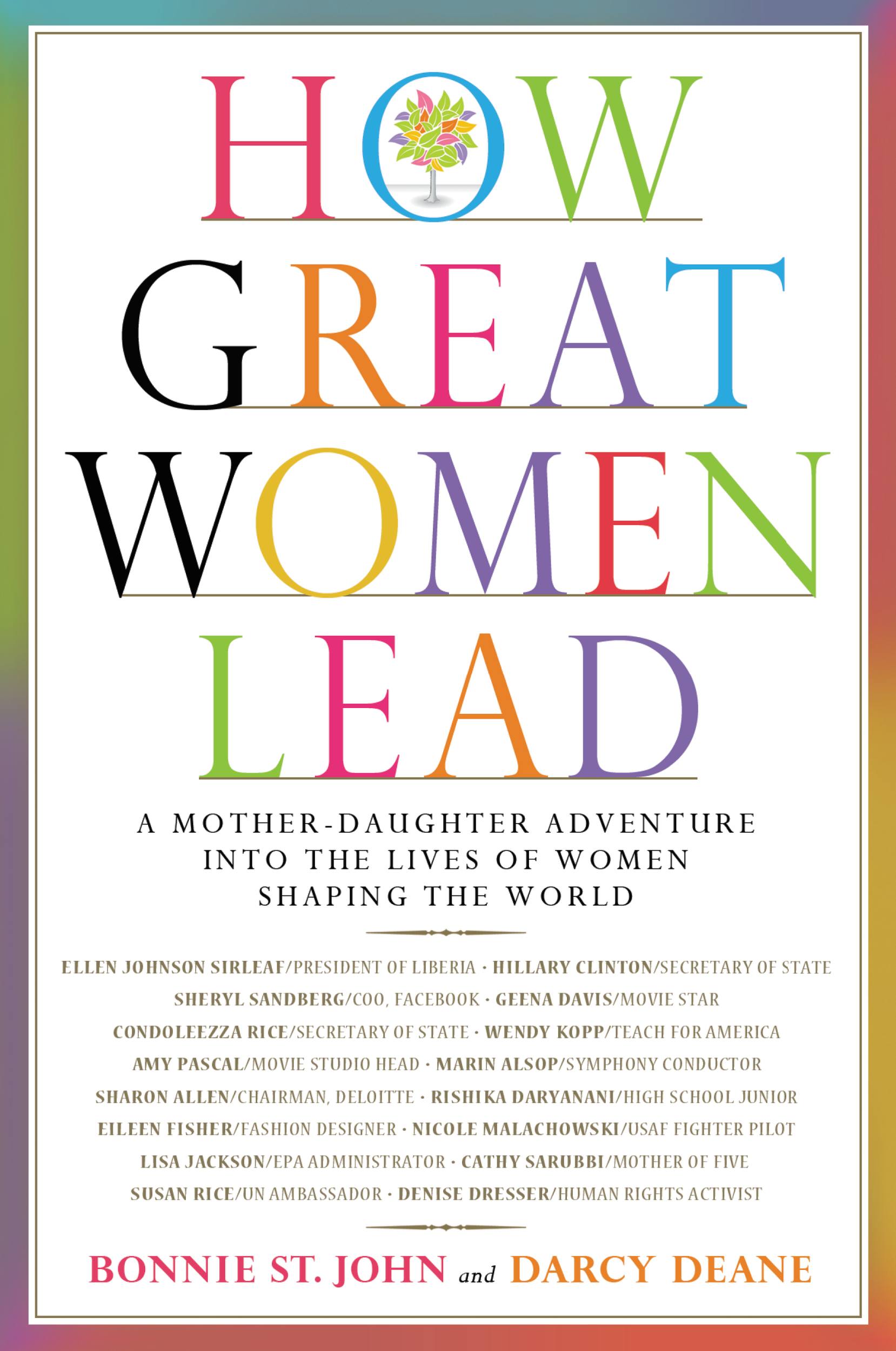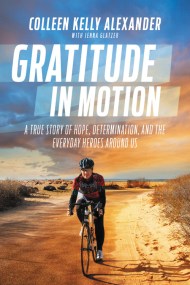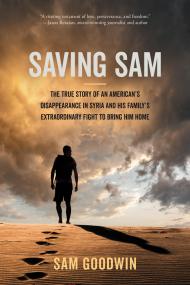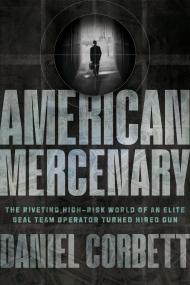By clicking “Accept,” you agree to the use of cookies and similar technologies on your device as set forth in our Cookie Policy and our Privacy Policy. Please note that certain cookies are essential for this website to function properly and do not require user consent to be deployed.
How Great Women Lead
A Mother-Daughter Adventure into the Lives of Women Shaping the World
Contributors
By Darcy Deane
Formats and Prices
- On Sale
- Apr 24, 2012
- Page Count
- 352 pages
- Publisher
- Center Street
- ISBN-13
- 9781455505906
Price
$13.99Price
$17.99 CADFormat
Format:
- ebook $13.99 $17.99 CAD
- Hardcover $39.00 $49.00 CAD
This item is a preorder. Your payment method will be charged immediately, and the product is expected to ship on or around April 24, 2012. This date is subject to change due to shipping delays beyond our control.
Buy from Other Retailers:
From the ethics of Dr. Condoleeza Rice to the fortitude of Hillary Rodham Clinton to the enthusiasm of Teach for America founder Wendy Kopp and the discipline of Geena Davis, each woman in this book shares the exciting story of her rise to the top and the unique qualities it took to get there.
-
"Bonnie is one of the five most inspiring women in America."Brian Williams, NBC Nightly News
-
"Bonnie St. John has, against all odds, found great joy in her life. And rather than hoarding it...she generously shares the treasure."Jeannette Walls, New York Times bestselling author of The Glass Castle
-
"With all the things we have to worry about in the world today--terrorists, the crises on Wall Street, and global warming-- Live Your Joy leaves you feeling stronger, more resilient, and more energized so you can feel in charge of your life."Joan Lunden, author and TV personality
-
"Bonnie's life is proof that we can all be happy no matter what. Read Live Your Joy to walk a while alongside her and learn how to do it."Marci Shimoff, #1 New York Times bestselling author of Happy for No Reason
-
"Despite personal setbacks in life, Bonnie St. John exudes joy. She has learned firsthand that when we try to do everything in our own strength, we may reach our goals--but often at the expense of relationships or our own physical well-being. When Bonnie allowed God to be her center, she found joy unspeakable...Read this book and experience that same zest for living!" (on Live Your Joy)James Robison, founder and president, LIFE Outreach International
-
"LIVE YOUR JOY is a must-read for anyone who needs a lift from the inside out. Bonnie St. John will set you on the path to joyful living and show you how to stay on course with her inspirational insights."Michelle McKinney Hammond, author of How to Make Life Work
-
"Feeling down? Pick up LIVE YOUR JOY! So important in challenging times...these wonderful stories certainly helped me find my joy!"Ronna Lichtenberg, author of Pitch Like a Girl
Newsletter Signup
By clicking ‘Sign Up,’ I acknowledge that I have read and agree to Hachette Book Group’s Privacy Policy and Terms of Use
